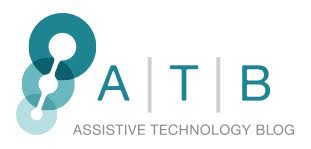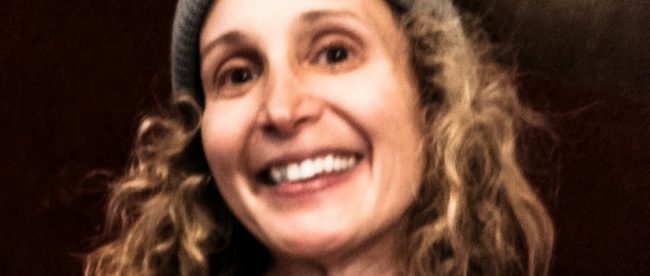This is another great story of how a parent decided to find a solution for her kid’s disability by creating an app for him and several others who have dysgraphia and help them solve math problems on their iPads! This blog post was written by Dawn Denberg, the inventor of ModMath – an app designed specifically for people with dysgraphia.
One evening, after another homework-related meltdown, I voiced my frustration to my husband, stupefied that I couldn’t find anything to help our son.
When people ask me about the biggest stumbling block for my son, Henry, who has dyslexia and ADHD, I tell them that it is his handwriting. If they’re in the know about learning disabilities, I’ll use dysgraphia, the clinical term for horrific handwriting.
Speech-to-text programs, like Dragon NaturallySpeaking, are a godsend for kids like Henry. My son uses it for almost every subject. It’s useless, however, for mathematics.
This is a big problem because
Henry’s handwriting is so bad that often he can’t read it. Because of his working-memory challenges, by the time he gets to step two of any equation, he’s not sure if the number he wrote down was a 4 or a 9. As for creating number columns neat enough to effectively add, subtract, multiply, or divide multi-digit equations, forget it. A 5 from the 10s column, for example, will migrate to the space below a 7 from the 100s column. The final calculations are wildly off base.
Our only option was for Henry to dictate to me how to work through each problem. I wrote down what he said. This was not a workable long-term solution, unless he wanted me to be his college roommate some day. Every so often, I’d force him to work independently. This resulted in frustration, tears, and disappointment.
We tried lots of interventions, everything from pencil huggers to alternative grip pens, and special paper with raised lines to keep his writing more uniform. Years of occupational therapy went nowhere, as did more controversial interventions like vision therapy. Through it all, I searched for an assistive technology to solve this problem. I queried teachers, learning specialists, and other parents in the LD community. I scoured the Internet for leads, but I found nothing.
One evening, after Henry had gotten through another homework-related meltdown, I voiced my frustration to my husband, stupefied that I couldn’t find anything to help our son. I wasn’t looking for a solution, just a sympathetic ear. My husband, though, doesn’t like talking about problems without talking about solutions. Sometimes, I feel like bitching, and sometimes he’s willing to listen. But sometimes we both end up irked by our personality differences. In this case, however, his pragmatism was a stroke of genius. “Why don’t we make one?” he suggested.
So began our journey to create a math app that could help not just our son but any child who struggles with dysgraphia. It’s called ModMath, and it works on an iPad. (You can download it on
itunes.apple.com or on
modmath.com). It eliminates the need for students to write out math equations longhand. Think Excel, but without a calculator. Kids use the touch screen and on-screen keypad to set up and solve problems. Henry can now work through complicated math concepts — multiplying multi-digit numbers, doing long division, and regrouping and adding fractions with different denominators. The app lays out assignments on virtual graph paper that can be printed out or e-mailed to the teacher. When a child does make a calculation error, his teachers see where he went wrong and offer guidance because the calculations are “written” clearly in front of them.
Don’t be too impressed with our ingenuity. We didn’t write a single line of code. My husband is a creative director and co-owner of a boutique ad agency. He regularly contracts with software developers to create content for clients. So we knew where to go to get the job done.
Friends and colleagues were incredulous that we decided not to charge for the product. “Anyone who has an iPad can afford an app that costs a couple bucks” was a refrain we heard a lot. We don’t disagree with that logic, but our goal is to get ModMath into the hands of as many LD kids as possible. If we don’t charge, the media is more willing to give us free publicity. This increases our opportunity to reach the children and families who need it most.
We hope to create a ModMath 2.0 with additional features. However, we’ve already over-invested in our first app. Download the app and let us know how it has helped your child. We’d love to hear from you at
contact@modmath.com.
Dawn Margolis Denberg is a San Francisco-based freelance writer. Her 12-year-old son Henry, who has ADHD and dyslexia, inspires her daily with his ingenuity, creativity, and zest for life. She will be launching a Kickstarter campaign soon to fund an update to ModMath which will allow students to work out algebraic equations. She hopes to build an Android version with similar capabilities.



Hi, this app sounds amazing. I am looking for a higher ed APP that would be compatible with calculus and physics.